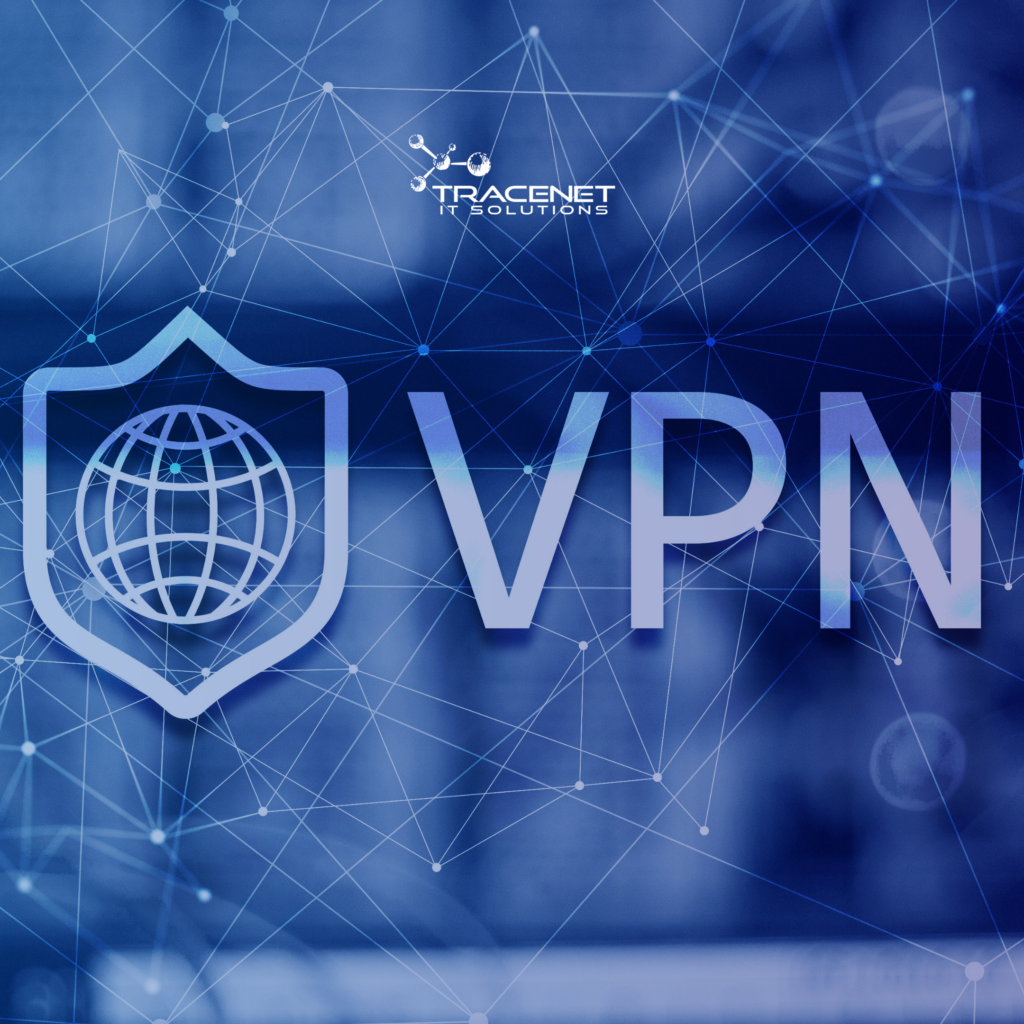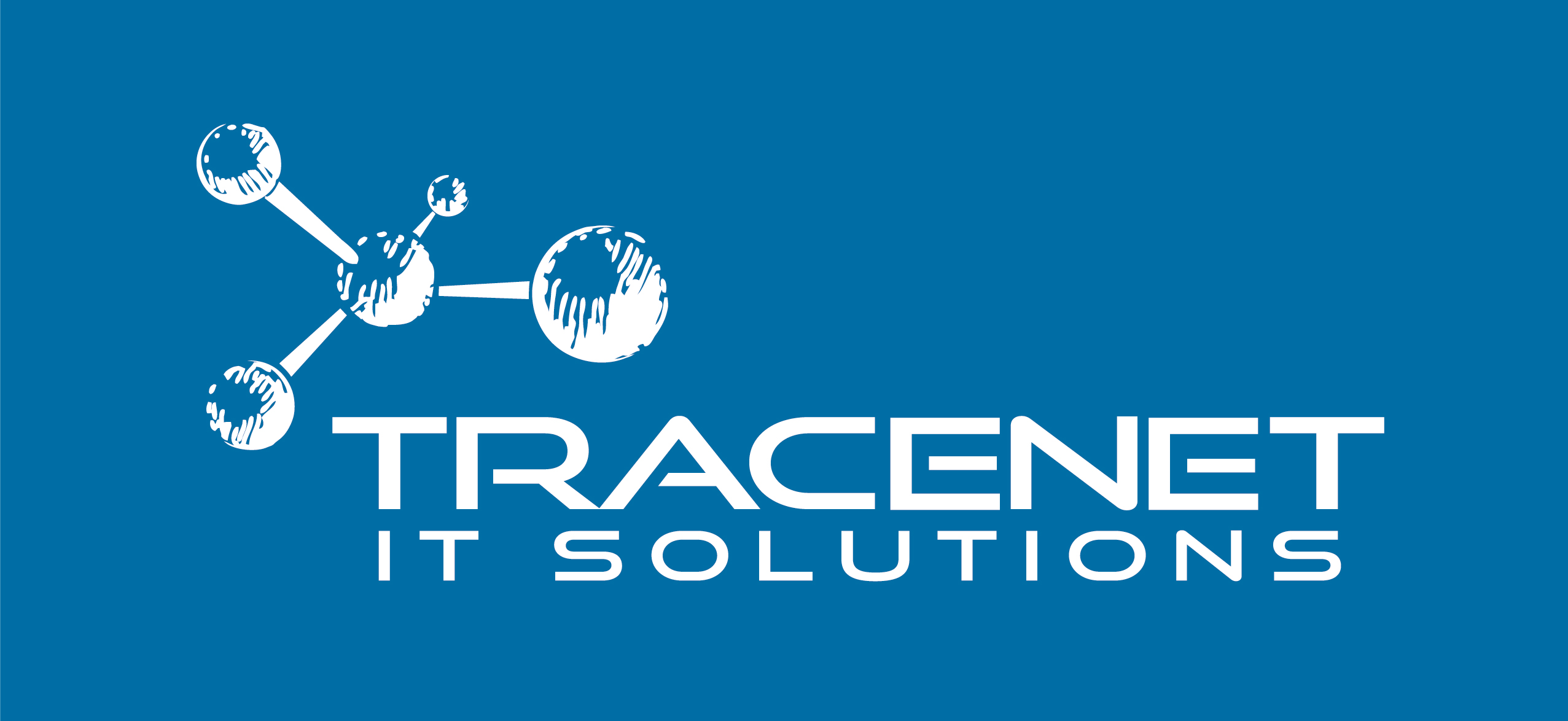A company’s data sharing involves a huge amount of traffic, especially when remote access comes into play. In this case, the security of these hundreds or thousands of pieces of information that are constantly exchanged must be taken into account. This is where VPN for busines comes in. To ensure that information is shared securely, in accordance with regulatory standards and to prevent cyberattacks.
Shall we find out more? Read on and find out what VPN for business is and why it’s so important.
What is VPN for business?
VPN or virtual private network is a service used to create encrypted connections between devices and servers. In other words, when it comes to companies, a VPN securely connects the user to the internal network or the public internet. This mainly happens with remote workers, to access software and data or even to create a single network for several offices. The main aim is to prevent traffic, especially traffic containing sensitive data, from being exposed.
This move prevents third parties from spying on shared data, keeping companies compliant with data protection laws and safe from cyberattacks.
What are the different types of corporate VPNs?
Corporate VPNs are essential for guaranteeing the security and privacy of communications and data within an organization. There are several types of corporate VPNs, each with specific characteristics and uses. Here are the main types:
Remote Access VPN: allows employees to access the company network remotely via the internet, using a VPN client installed on their devices. It is ideal for remote workers or traveling employees who need to access internal company resources.
Site-to-Site VPN: Connects two geographically separated local area networks (LANs). It can be of two types
- Intranet VPN: Connects different offices of the same company.
- Extranet VPN: Connects the company network to the network of partners or suppliers.
It is suitable for companies with multiple branches or for collaboration with external partners.
MPLS VPN (Multiprotocol Label Switching): Uses MPLS technology to create VPN connections in private networks managed by service providers. It is ideal for large companies that need high performance and low latency in their connections between different locations.
VPN based on IPsec (Internet Protocol Security): uses the IPsec protocol to create a secure connection between network points, such as between two routers or firewalls. It is widely used in site-to-site VPNs to guarantee the security of data transmitted over the Internet.
SSL (Secure Sockets Layer) VPN: uses the SSL/TLS protocol to create secure connections via web browsers, without the need for additional client software. It is common for remote access where simplicity and flexibility are important, such as for users connecting via public networks or mobile devices.
Layer 2 VPN: connects local networks at a lower level of the OSI model, allowing a LAN to be extended across the WAN. It can be used to connect LAN networks in different locations as if they were in the same building, useful for certain applications that require extended local network connections.
Layer 3 VPN: works at the network layer of the OSI model and is generally implemented using the IP/MPLS protocol. Suitable for companies that need advanced routing and network segmentation, allowing greater control over network traffic.
Each type of corporate VPN has its advantages and disadvantages depending on the specific needs of the company, the level of security required and the existing infrastructure. Choosing the right VPN is crucial to ensuring secure and efficient communication within the organization.
Advantages of using a VPN for business
The main advantage of using a VPN for business lies in security. After all, the better you are protected against cyberattacks. Another important point is economy, since VPN is one of the most economical methods when it comes to data protection.
In adding to this, the use of VPN for business promotes productivity, as employees become more careful with their browsing. It also promotes mobility, since the provider doesn’t need to be in the company to manage IPs and encrypt them.
Companies operating in regulated sectors, such as finance or healthcare, benefit from compliance with data protection rules and regulations, as VPNs help to meet these legal and compliance requirements.
Another significant benefit is the possibility of global access. With a VPN, employees can connect to the corporate network from anywhere in the world, enabling seamless international operations and facilitating the management of distributed teams. This is particularly advantageous in a growing remote working scenario, where the need for secure access from different locations is essential.
VPNs also offer better control and monitoring of activities on the corporate network. IT administrators can manage and monitor network traffic, identify suspicious activity and implement security policies more effectively. This contributes to greater operational security and helps prevent security breaches.
Flexibility in IT resource management is another issue that cannot be left out. VPNs make it easier to integrate new devices and users into the corporate network, allowing scalability and adaptation to the company’s changing needs without compromising security.
Challenges and considerations when implementing VPNs
Although VPNs offer many advantages, it is also important to consider the challenges associated with their implementation and maintenance. One of the main challenges is the initial configuration, which can be complex and require specialized technical knowledge.
In addition, ongoing management of the VPN, including software updates and network monitoring, requires dedicated resources.
Network performance can also be impacted by the use of VPNs, especially if they are not properly sized to handle the expected traffic. Latency and reduced connection speed are common problems that can affect the user experience and productivity.
Another important consideration is the compatibility of devices and operating systems. Companies should ensure that all devices used by employees, including smartphones, tablets and computers, are compatible with the VPN solution chosen.



